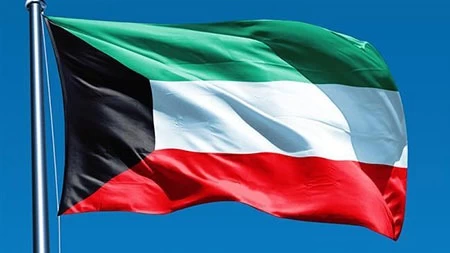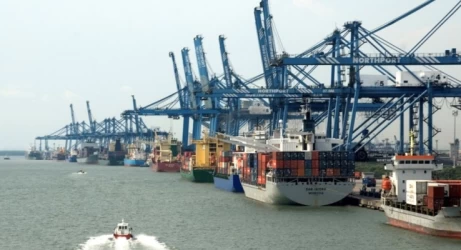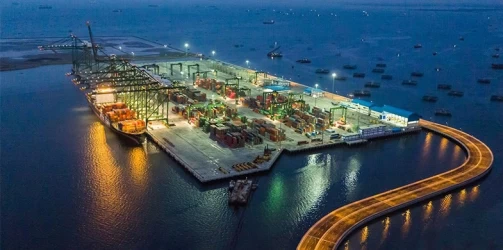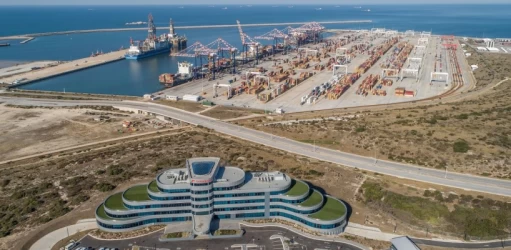Guide to trade with Kuwait, sea transportation
Kuwait, a small but economically significant country located in the Arabian Gulf, is known for its vast oil reserves and strategic position as a trade hub in the Middle East. With a growing economy and a favorable business environment, Kuwait presents numerous opportunities for international trade. This guide will explore the essential aspects of trading with Kuwait, focusing on maritime transportation, regulations, and opportunities for foreign businesses.
1. Overview of Kuwait's Economy
Kuwait's economy is heavily dependent on oil, which accounts for a significant portion of its GDP and export revenues. However, the government is actively working to diversify the economy by promoting sectors such as finance, construction, and tourism.
Key Economic Indicators
- GDP Growth Rate: Approximately 3-4% annually, depending on oil prices and global economic conditions.
- Inflation Rate: Typically low, around 2-3%, contributing to a stable purchasing power.
- Unemployment Rate: Relatively low, hovering around 2-3%.
Major Trading Partners
- China: The largest trading partner, importing oil and petrochemical products.
- United States: Significant partner for machinery, technology, and consumer goods.
- United Arab Emirates: Major trading partner in various goods and services.
2. Importance of Maritime Transportation
Maritime transportation is a vital component of trade with Kuwait, as it enables the efficient movement of goods to and from the country. Kuwait has several key ports that facilitate international shipping.
Major Ports in Kuwait
- Shuwaikh Port: The primary commercial port, handling the majority of container traffic and general cargo.
- Shuaiba Port: Mainly used for bulk cargo, particularly oil and petrochemical products.
- Mina Abdullah Port: An industrial port primarily used for oil-related activities.
3. Regulations and Compliance
Understanding the legal and regulatory framework governing trade in Kuwait is essential for successful business operations. The Kuwaiti government has established a range of regulations to ensure compliance and promote a fair trading environment.
Customs Regulations
- Customs Duties: Import duties in Kuwait generally range from 0% to 5%, depending on the product category. Certain goods may be exempt from duties, while others may face higher rates.
- Value-Added Tax (VAT): Kuwait has not implemented VAT yet, making it attractive for foreign businesses.
- Import Licensing: Specific goods require import licenses, so it is crucial to verify requirements before shipping.
Documentation Requirements
- Commercial Invoice: Essential for customs clearance, detailing the transaction.
- Bill of Lading: Serves as proof of shipment and contract between the shipper and carrier.
- Certificates of Origin: May be required to determine the country of origin for tariff purposes.
4. Maritime Shipping Process
Navigating the maritime shipping process is crucial for successful trade with Kuwait. Understanding the steps involved will help businesses streamline operations.
Step-by-Step Shipping Process
- Pre-Shipment Planning: Identify the right shipping method and route.
- Cargo Preparation: Ensure goods are packaged and labeled according to regulations.
- Booking Cargo Space: Reserve space with shipping lines.
- Documentation: Prepare and submit all necessary documents for customs.
- Customs Clearance: Ensure compliance upon arrival at the port.
- Delivery: Arrange for transportation from the port to the final destination.
Shipping Costs
- Freight Charges: Based on the cargo's weight, volume, and shipping distance.
- Insurance Costs: Recommended to protect goods during transit.
- Port Handling Fees: Charges associated with loading and unloading cargo at the port.
5. Trade Opportunities
Kuwait offers various opportunities for international traders across different sectors. Key areas to explore include:
Emerging Sectors
- Construction: With ongoing infrastructure projects, there are opportunities for construction materials and services.
- Information Technology: Growing demand for IT solutions and services, especially in the public and private sectors.
- Healthcare: Opportunities exist for medical equipment, pharmaceuticals, and healthcare services.
Free Trade Zones
Kuwait is developing free trade zones to attract foreign investment, offering tax incentives and streamlined regulations for businesses.
6. Challenges in Trade
While Kuwait presents numerous opportunities, traders may also face several challenges:
Common Challenges
- Bureaucracy: Complex regulations and procedures can lead to delays in customs clearance and approvals.
- Market Competition: Local and regional competitors can make market entry challenging.
- Cultural Differences: Understanding local customs and business practices is essential for building successful relationships.
7. Conclusion
Trading with Kuwait offers significant opportunities for international businesses, particularly in sectors like construction, IT, and healthcare. By understanding the maritime transportation landscape and navigating regulatory requirements, businesses can establish successful operations in this dynamic market.
If you have any specific questions or need further assistance, feel free to ask!











